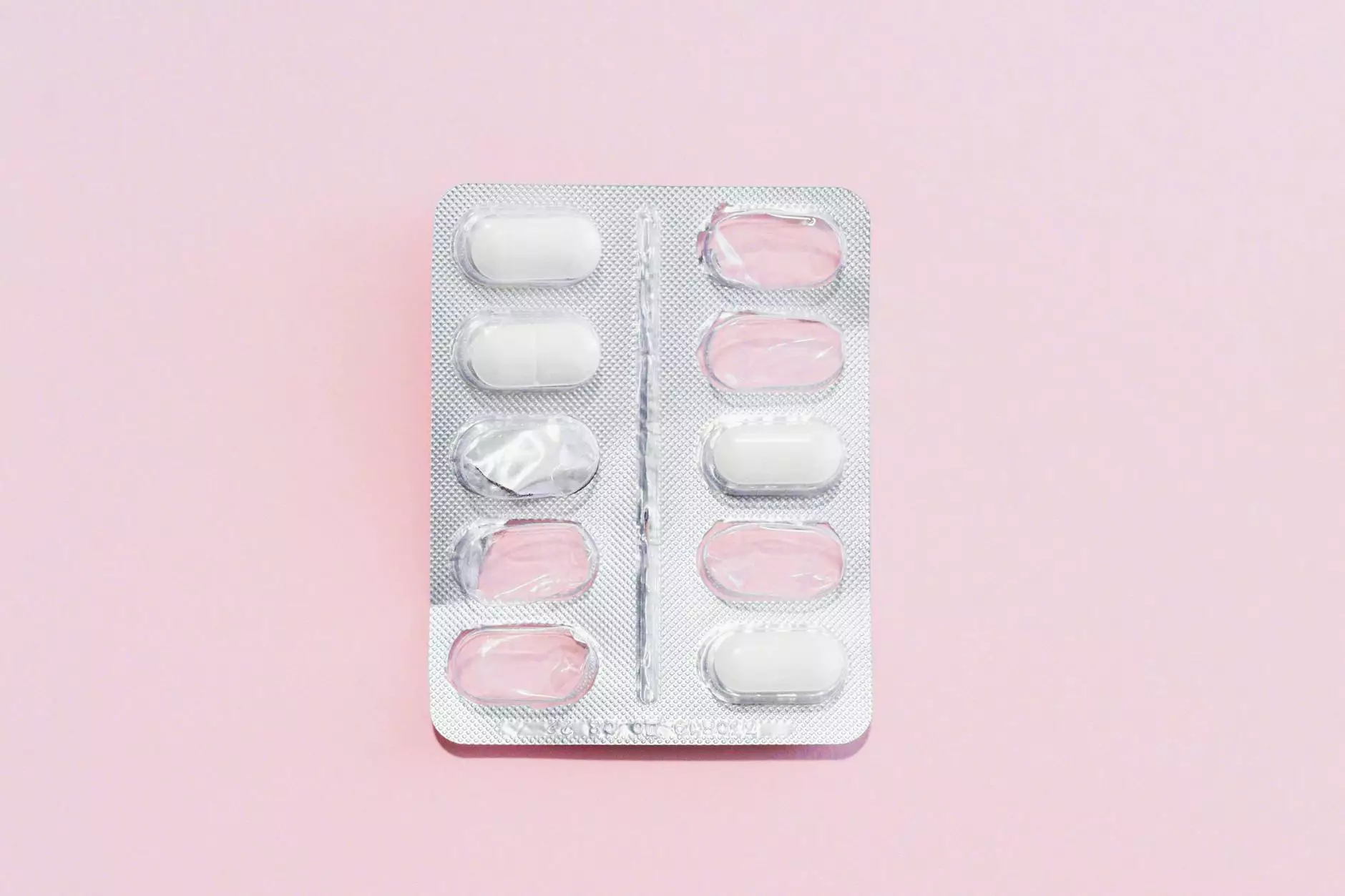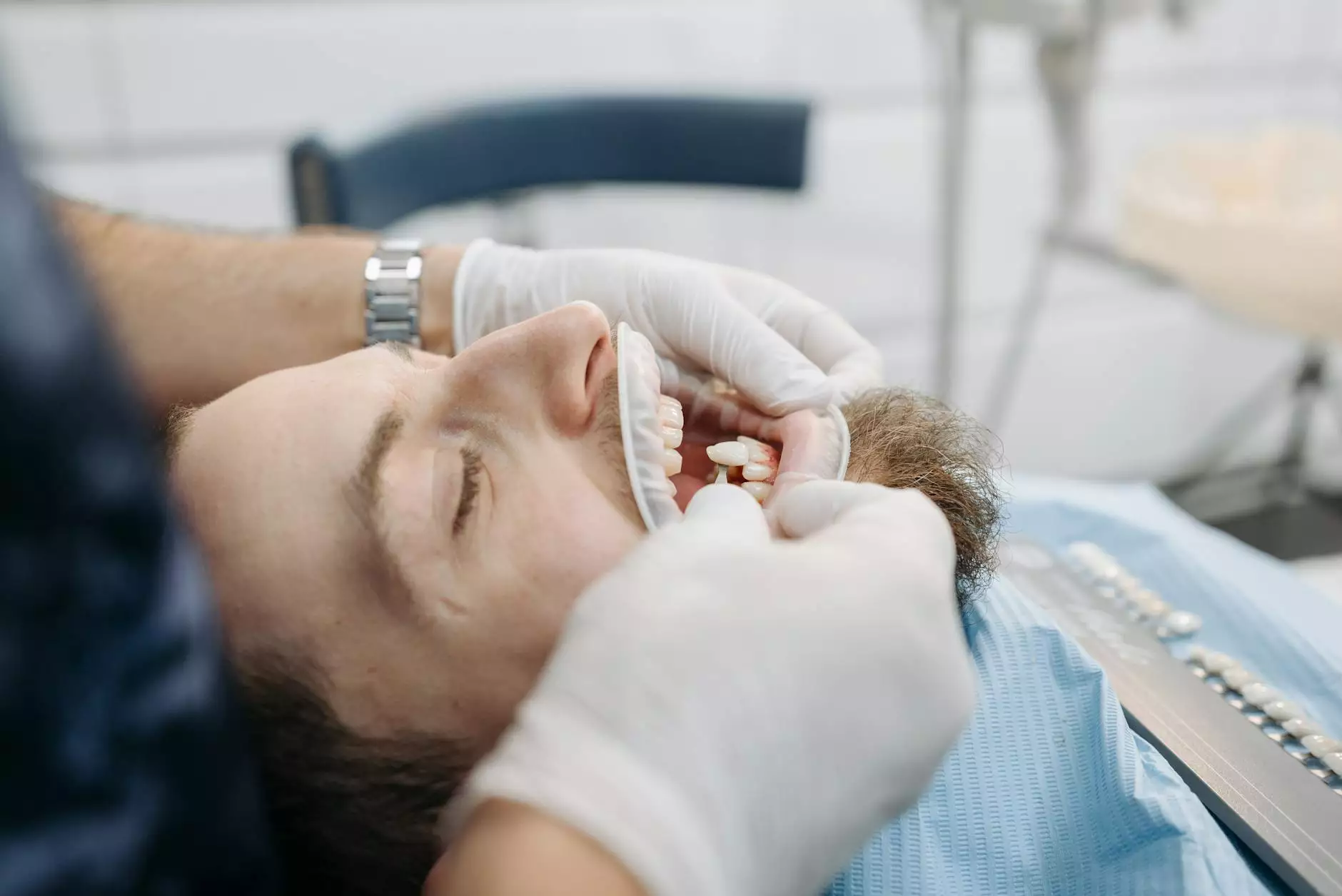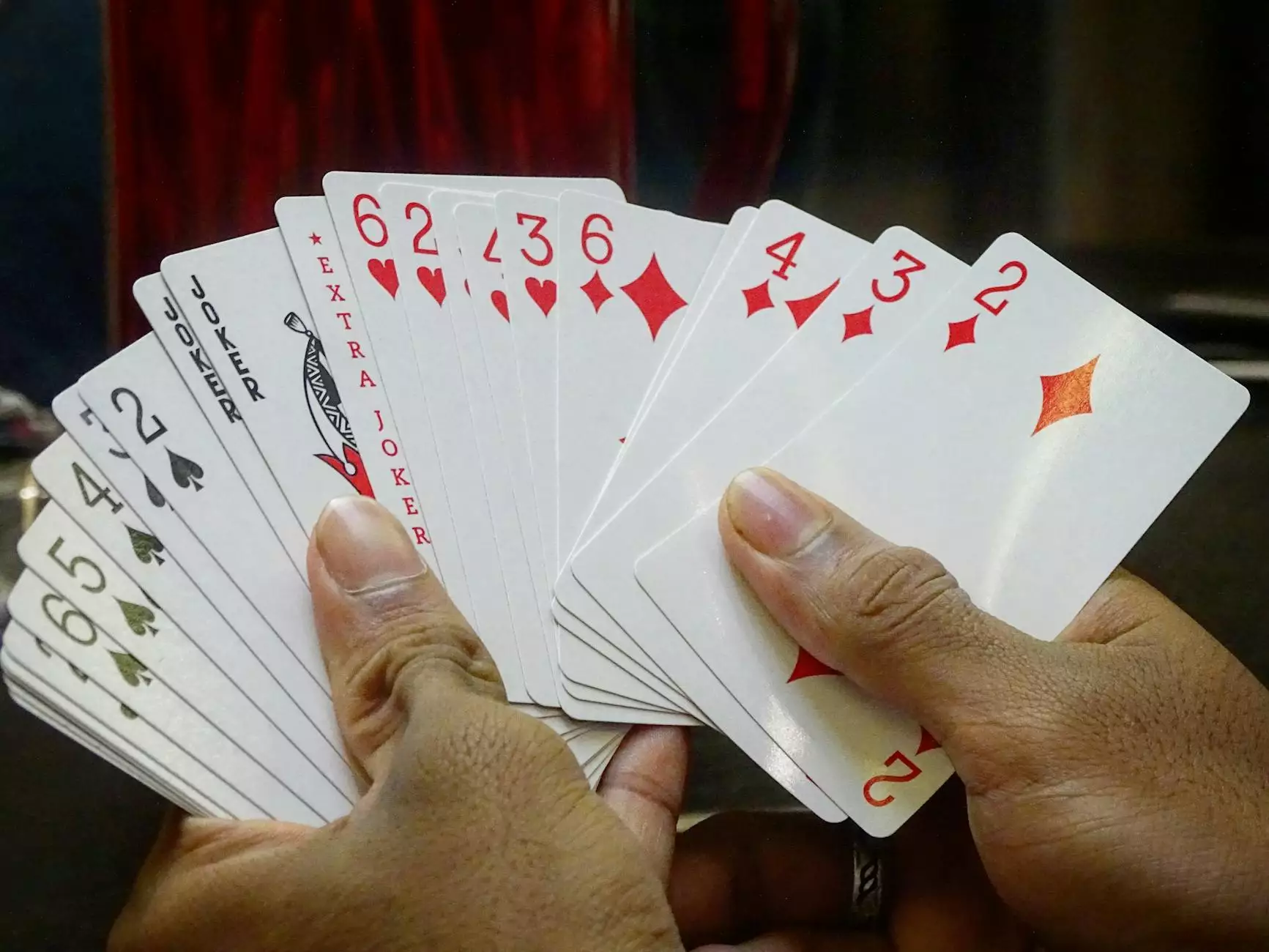Top 10 Anti-Depression Medications for Mental Health

Depression is a serious mental health condition that affects millions of people annually. Finding effective anti-depression medications is crucial for improving the quality of life for those battling this illness. In this article, we will explore the top 10 anti-depression medications to understand their benefits, uses, and vital considerations for patients.
Understanding Depression and Its Impact
Before delving into the medications, it is essential to understand what depression is. Depression can manifest in various forms, including major depressive disorder, persistent depressive disorder, and bipolar disorder. Symptoms may include:
- Persistent sadness or low mood
- Loss of interest in activities once enjoyed
- Changes in appetite or weight
- Sleep disturbances (insomnia or sleeping too much)
- Fatigue and loss of energy
- Feelings of worthlessness or excessive guilt
- Difficulty concentrating or making decisions
- Thoughts of death or suicide
Understanding these symptoms is critical for recognizing when medication might be necessary. Seeking help from a healthcare professional can provide direction to appropriate treatment options.
The Role of Medication in Treating Depression
Medications can be a vital component of a comprehensive treatment plan for depression. They often work by balancing chemicals in the brain, specifically neurotransmitters such as serotonin, norepinephrine, and dopamine. It is important to remember that while medications can help manage symptoms, they are usually most effective when combined with other forms of treatment such as therapy, lifestyle changes, and support groups.
Top 10 Anti-Depression Medications
1. Selective Serotonin Reuptake Inhibitors (SSRIs)
SSRIs are often the first line of defense against depression. They work by increasing the level of serotonin in the brain, which is essential for maintaining mood balance. Some common SSRIs include:
- Fluoxetine (Prozac)
- Sertraline (Zoloft)
- Citalopram (Celexa)
- Escitalopram (Lexapro)
SSRIs are generally well-tolerated, with fewer side effects than older treatments. However, some users report issues with sexual dysfunction or gastrointestinal problems.
2. Serotonin-Norepinephrine Reuptake Inhibitors (SNRIs)
SNRIs function similarly to SSRIs but also target norepinephrine. These medications include:
- Duloxetine (Cymbalta)
- Venlafaxine (Effexor XR)
SNRIs are particularly effective for patients who experience chronic pain along with depression. Side effects may include increased blood pressure and withdrawal symptoms upon discontinuation.
3. Tricyclic Antidepressants (TCAs)
Although not commonly prescribed as the first option today due to their side effects, TCAs can be effective for some patients. They include:
- Amitriptyline
- Nortriptyline
TCAs can help those who have not found relief with SSRIs or SNRIs, but they come with a risk of more significant side effects, including weight gain and sedation.
4. Monoamine Oxidase Inhibitors (MAOIs)
MAOIs are another class of antidepressants that can be effective, particularly for atypical depression. These medications include:
- Phenelzine (Nardil)
- Tranylcypromine (Parnate)
However, MAOIs require dietary restrictions to avoid hypertensive crises, making them less commonly prescribed today.
5. Atypical Antidepressants
This category encompasses various medications that do not fit neatly into other classes. Some notable examples are:
- Bupropion (Wellbutrin)
- Mirtazapine (Remeron)
Atypical antidepressants can provide benefits in terms of efficacy and side effect profile, but they can also present challenges, including sleepiness or insomnia based on the medication.
6. Natural Supplements for Depression
While not medications, some natural supplements can play a supportive role in managing depression. These include:
- St. John’s Wort
- Omega-3 fatty acids
- Saffron
It's essential for patients to consult with a healthcare provider before combining these with prescription antidepressants to avoid interactions.
7. Ketamine and Esketamine
Recent years have seen the emergence of ketamine and its nasal spray formulation, esketamine, as potential rapid-acting treatments for depression. These medications help patients who have not responded to traditional treatments and are being studied for their effects on suicidal ideation. However, they are primarily used under strict medical supervision due to potential side effects and abuse risks.
8. Psychostimulants
Medications like methylphenidate (Ritalin) or amphetamine salts (Adderall) have shown effectiveness for some patients, especially in cases where depression coexists with attention-deficit hyperactivity disorder (ADHD). They can provide enhancements in energy and concentration but are typically not first-line treatments for depression alone.
9. Antipsychotic Medications
Medications such as aripiprazole (Abilify) and quetiapine (Seroquel) may also be used adjunctively with antidepressants for treatment-resistant cases. They can help enhance the effects of antidepressants but may come with significant side effects, including metabolic changes and sedation.
10. Combination Therapies
In many situations, a combination of medications offers the best approach to managing depression. This might include pairing an antidepressant with a mood stabilizer, an antipsychotic, or a psychostimulant. A comprehensive evaluation by a psychiatrist is critical for determining the best combination for each individual.
Important Considerations When Using Anti-Depression Medications
While the use of anti-depression medications can lead to significant improvement, it also necessitates careful consideration. Here are some essential factors to keep in mind:
1. Side Effects
Understanding the potential side effects of medications is vital. Every patient reacts differently; thus, monitoring and communicating side effects with a healthcare provider is crucial to finding the most suitable medication.
2. Duration of Treatment
Consultation on how long treatment may be necessary is vital. Some individuals might require long-term medication, while others may only need it temporarily as they work through therapy or other treatments.
3. Regular Consultations
Regular follow-ups with healthcare providers allow for adjustments in medication type or dosage, optimization of treatment, and management of side effects.
4. Lifestyle Factors
Incorporating lifestyle changes significantly enhances the efficacy of medication. These include:
- Regular physical activity
- A balanced diet
- Quality sleep
- Mindfulness and meditation practices
- Social support networks
Conclusion
The choice of treatment is highly individual. The top 10 anti-depression medications highlighted in this article serve as a guide for those seeking options. It is crucial to work closely with a healthcare professional to find a regimen that suits an individual's unique needs.
If you or someone you know is struggling with depression, do not hesitate to seek professional help. The journey to recovery is highly personal, and with the right support, it is achievable.
© 2023 Australian Pharmacy. All rights reserved.
top 10 anti depression medications








